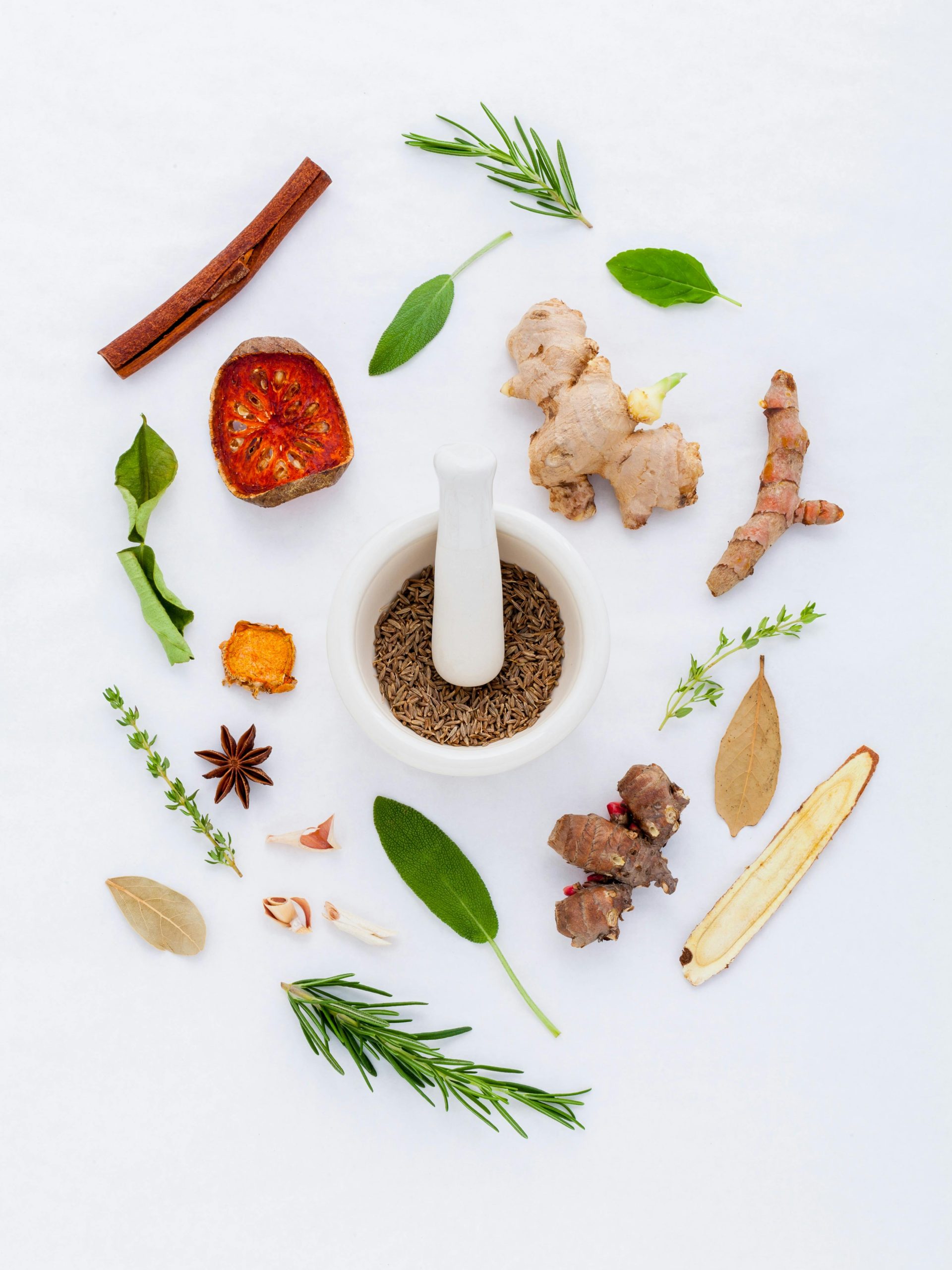Traditional Chinese Medicine (TCM) has been practiced for thousands of years, offering a holistic approach to health and wellness. In the realm of oncology, TCM’s role is becoming increasingly recognized for its potential to complement conventional treatments, improve quality of life, and manage side effects. Recent advancements in research have shed light on how acupuncture, herbal medicine, and integrative therapies contribute to cancer care.
Acupuncture: A Key Player in Symptom Management
Acupuncture has gained widespread attention as a supportive therapy for cancer patients. Its benefits extend beyond traditional pain relief to addressing specific symptoms associated with cancer and its treatments.
- Relief from Chemotherapy-Induced Nausea and Vomiting
- Studies have shown that acupuncture stimulates the release of endorphins and regulates the vagus nerve, reducing nausea and vomiting caused by chemotherapy. A 2023 meta-analysis in the Journal of Integrative Medicine found significant improvements in patients receiving acupuncture alongside conventional antiemetics.
- Managing Cancer-Related Fatigue
- Fatigue is a prevalent issue among cancer patients. Research suggests that acupuncture helps restore energy balance, enhancing both physical and mental stamina. A study conducted by Zhang et al. (2023) demonstrated a 40% reduction in fatigue scores among participants.
- Pain Management
- By activating specific neural pathways, acupuncture reduces pain perception. This non-invasive method offers an alternative to opioid medications, minimizing the risk of dependency.
Herbal Medicine: Unlocking Potential
Herbal medicine is a cornerstone of TCM, offering diverse therapeutic properties. Modern research is uncovering the biochemical mechanisms behind many traditional formulations, making them valuable in Cancer Care.
- Immune System Modulation
- Herbs like Huang Qi (Astragalus) and Ling Zhi (Ganoderma lucidum) are known to enhance immune responses. They boost white blood cell counts, improving patients’ ability to fight infections during chemotherapy or radiation therapy.
- Inhibiting Tumor Growth
- Compounds such as Artemisinin (from Qing Hao, or sweet wormwood) have shown promise in preclinical studies for their ability to induce apoptosis in cancer cells without harming healthy tissue.
- Reducing Inflammation
- Chronic inflammation contributes to tumor progression. Herbs like Bai Hua She She Cao (Oldenlandia diffusa) are being studied for their anti-inflammatory and anti-tumor properties, offering a natural adjunct to conventional therapies.
Integrative Approaches: Merging Ancient and Modern Wisdom
The integration of TCM into modern oncology practices is gaining momentum. Combining TCM therapies with conventional treatments has shown promising results in enhancing efficacy and reducing adverse effects.
- Personalized Treatment Plans
- TCM practitioners tailor treatments based on individual constitutions, addressing unique imbalances that contribute to disease progression.
- Improved Quality of Life
- Integrative care, including acupuncture, herbal medicine, and dietary guidance, supports emotional well-being, reduces stress, and alleviates treatment-related side effects.
- Collaborative Research Efforts
- Institutions worldwide are investing in clinical trials to validate TCM’s role in oncology. These efforts aim to bridge the gap between traditional practices and modern medicine, ensuring safe and effective integration.
Conclusion
As research advances, the role of Traditional Chinese Medicine in oncology continues to expand. Acupuncture and herbal medicine are proving to be valuable allies in managing symptoms, enhancing treatment outcomes, and improving the overall quality of life for cancer patients. By combining ancient wisdom with modern science, TCM offers a holistic and patient-centered approach to cancer care.
For those seeking complementary therapies, it is crucial to consult qualified TCM practitioners and integrate treatments under the guidance of a multidisciplinary healthcare team.
Prof.Zhong Li’s new consultation spot is availale now, for more information, please feel free to contact 0452 166 965
References
- Zhang, H., et al. (2023). “The Role of Acupuncture in Cancer Management: A Systematic Review.” Journal of Integrative Medicine.
- Wang, Y., et al. (2022). “Herbal Medicine in Oncology: Clinical Applications and Mechanisms.” Chinese Medicine Journal.
- National Cancer Institute. (2023). “Acupuncture and Cancer Treatment.” [Online Resource].
- Chen, L., et al. (2023). “The Anti-Tumor Effects of Artemisinin: A Review of Recent Findings.” Asian Pacific Journal of Cancer Prevention.
- Lee, S., & Kim, J. (2022). “Integrative Oncology: Combining Traditional Chinese Medicine with Modern Approaches.” Cancer Research and Treatment.




